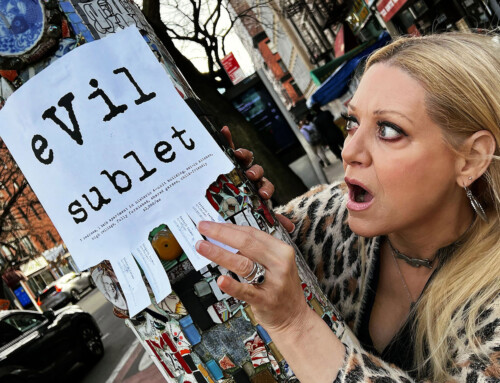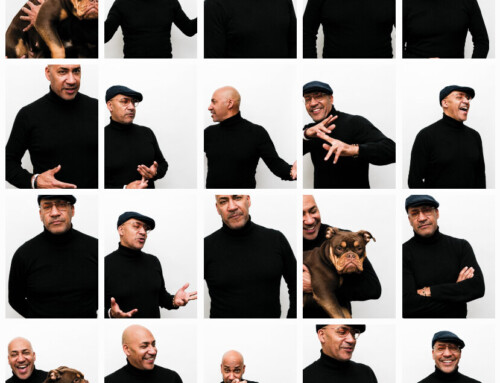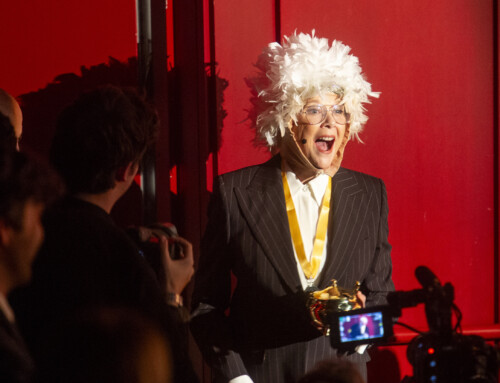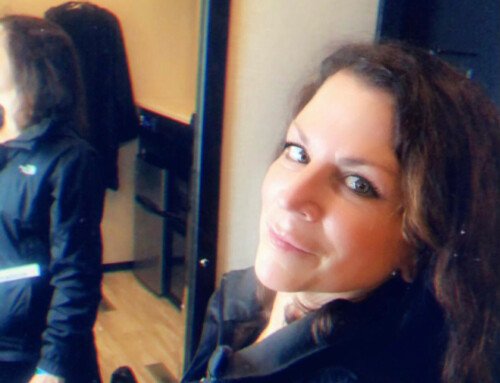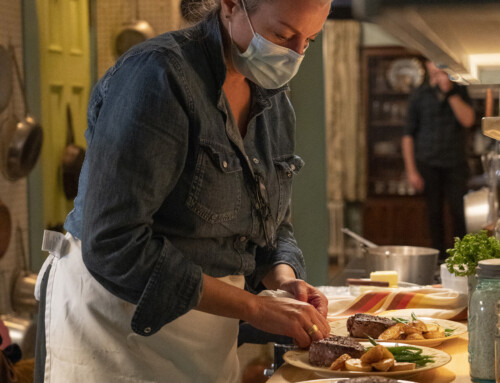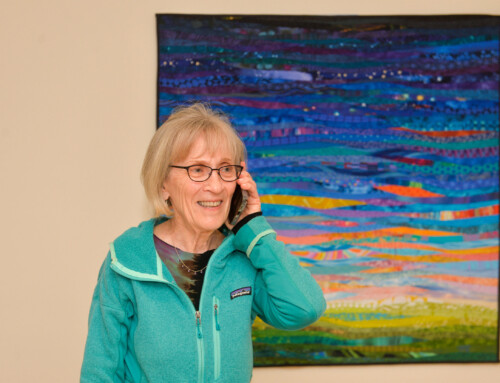By Nina Livingstone
When the coronavirus slammed Massachusetts, it strained an already-delicate food system. Food banks saw a sharp rise in demand as restaurant owners watched theirs decline. Then-Mayor Marty Walsh launched a series of stopgap measures to fill the cracks before they widened into crevices.
Long after the last lockdown, Boston’s food system remains in critical condition. Thanks to the mayoral race, the City’s food policy has been thrust into the spotlight. Of the five candidates running (Andrea Campbell, Kim Janey, Michelle Wu, Annissa Essaibi George and John Barros) we managed to catch up with four before press-time so they could share their food policy platforms with Edible readers in print, but we were lucky enough to get all the candidates’ policies included here online. Among them is one who remembers growing up with little access to fresh food, relying on corner stores and fast-food outlets. To her, healthy food is a right, not a privilege.
Collectively they are touted as the most diverse crop of mayoral candidates to land on a Boston ballot, yet they come together on the topic of securing an equitable food policy. For weeks I called, texted, talked and emailed in rapid cycles as I tried to fulfill my mission: Get a statement, make a deadline. “Hello, I am writing for … Yes, the topic’s Boston’s food policy, that’s right …” I repeated my request again and again. The candidates were always busy, speaking, working, strategizing. I started to wonder how they found time to even grab a snack. How did they fuel their bodies to keep pace? I wondered when they would return my call.
I imagined that a staffer would say, “She’s out to lunch right now …” but I knew that wasn’t the case. That’s when I cast my line one more time…
Read the full story and interviews originally published on Edible Boston.



